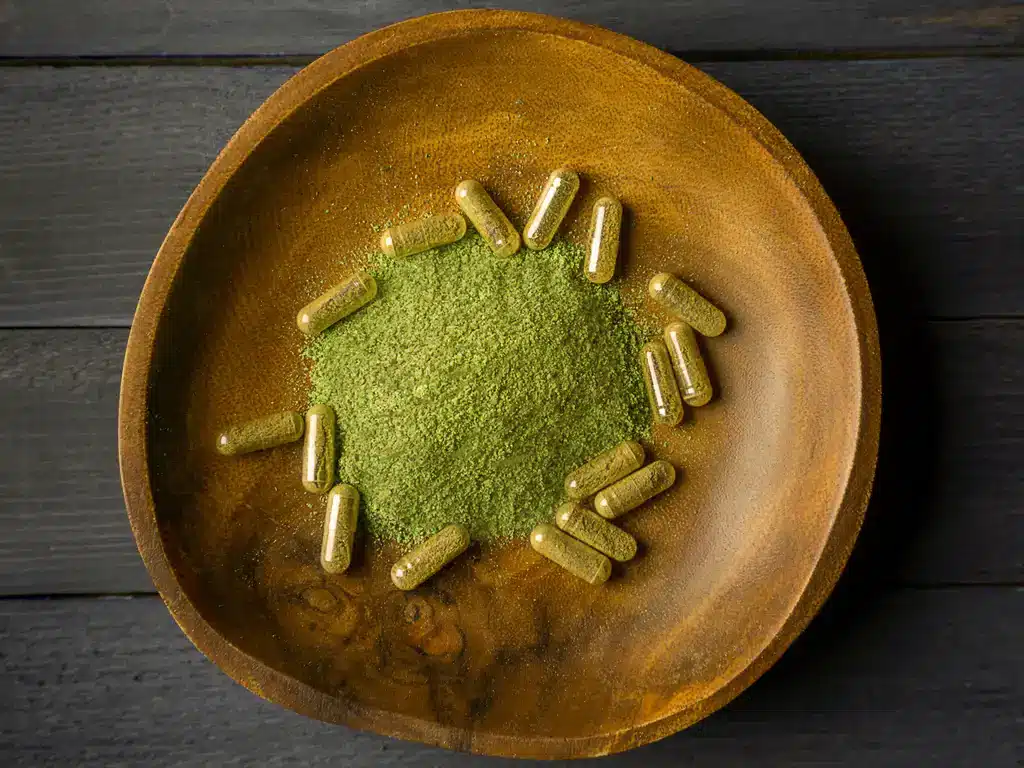Kratom powder has surged in popularity in recent years due to its reported benefits like pain relief, improved focus and concentration, reduced anxiety, and boosted energy levels. With rising demand, the kratom market has exploded with products at vastly different price points. Such huge price discrepancies understandably leave many new kratom consumers wondering if extremely cheap kratom powder provides good value or if it’s too good to be true.
What impacts kratom powder pricing?
Like any botanical product, several key variables impact the costs and subsequent consumer prices for kratom powder.
- Source region – Indonesian kratom is currently the most abundant and economical due to ideal growing conditions. Small-batch kratom from less common sources like Borneo or Thailand commands higher prices.
- Harvesting and processing – Hand-harvesting and specialized drying methods require more labor and care, resulting in higher costs. Some Asian harvesters use machinery to reduce labor expenses.
- Lab testing – Vendors who lab test for purity, potency, and contaminants must cover testing expenses. Testing also reduces batch discards.
- Business practices – Brands with ethical business models that use fair trade growers and support local farms or education invest more upfront. Mass producers focused exclusively on margins tend to be the cheapest.
Let’s explore these factors more closely to understand the key differences between budget and premium kratom powder.
Budget kratom cornellers cut at the cost of quality
Deeply discounted kratom almost always involves cutting corners when it comes to quality control and business practices. For example, budget kratom merchants are typically not transparent about the source location or growing standards of their products. It allows them to buy from low-cost growers who use unethical practices unacceptable to reputable Western vendors. Budget brands also forego costly lab testing that helps ensure each kratom powder batch meets expected potency and purity levels and is untainted. While this does cut production expenses, it puts you the consumer at risk of weaker potency or contaminated products. Some discount kratom sellers take transparency matters into their own hands by allowing 3rd party public lab reports. However, this is rare among the cheapest powder options.
Premium kratom invests in sourcing, testing, and ethical models
So if bottom barrel kratom powder potentially involves hidden quality and ethical issues, is paying for a premium necessarily better? Generally, yes – when you pay more for kratom powder marketed as high-end or specialty quality, several factors help justify the higher prices. For one, premium kratom merchants invest heavily in sourcing from known, trusted growers. It often includes smaller farms they directly work with and even finance to encourage quality. They also offer fair trade prices to local growers. Transparent sourcing means you feel confident knowing which regional farms your powder comes from, backed by pictures, videos, soil reports, and operation reviews. For most premium buyers, this traceability is more appealing than mystery cheap powders.
Likewise, respectable high-end vendors allow and actively pay for independent laboratory testing of their product batches. With premium kratom, you easily access certificates of analysis detailing levels of all key powder compounds as well as being fully absent from heavy metals, pathogens, etc. These investments in ethical sourcing, testing, and fair business models are typically reflected and rewarded by premium vendors through higher prices.



